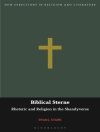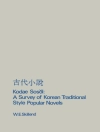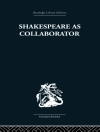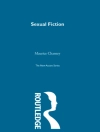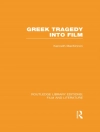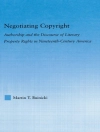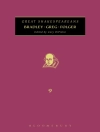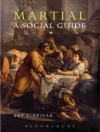This edition includes a modern introduction and a list of suggested further reading.
Shakespeare’s Jest Books is an anthology of humorous, often bawdy anecdotes and jokes from late medieval England. Collected in 1864 by the British bibliographer
William Carew Hazlitt , the jest books are haphazard in their authorial ascriptions: they have origins in the oral tradition and anthologized the professional foolery of noted clowns Richard Tarlton and Wil...
عن المؤلف
No one would have seemed better qualified to confer dignified status upon such unlikely matter as jest books as
William Carew Hazlitt (1834–1913), descended from a...
قم بشراء هذا الكتاب الإلكتروني واحصل على كتاب آخر مجانًا!
لغة الإنجليزية ● شكل EPUB ● صفحات 640 ● ISBN 9781411466791 ● حجم الملف 0.9 MB ● عمر 99-17 سنوات ● محرر William Carew Hazlitt ● الناشر Barnes & Noble ● نشرت 2012 ● للتحميل 24 الشهور ● دقة EUR ● هوية شخصية 5864710 ● حماية النسخ Adobe DRM
يتطلب قارئ الكتاب الاليكتروني قادرة DRM


